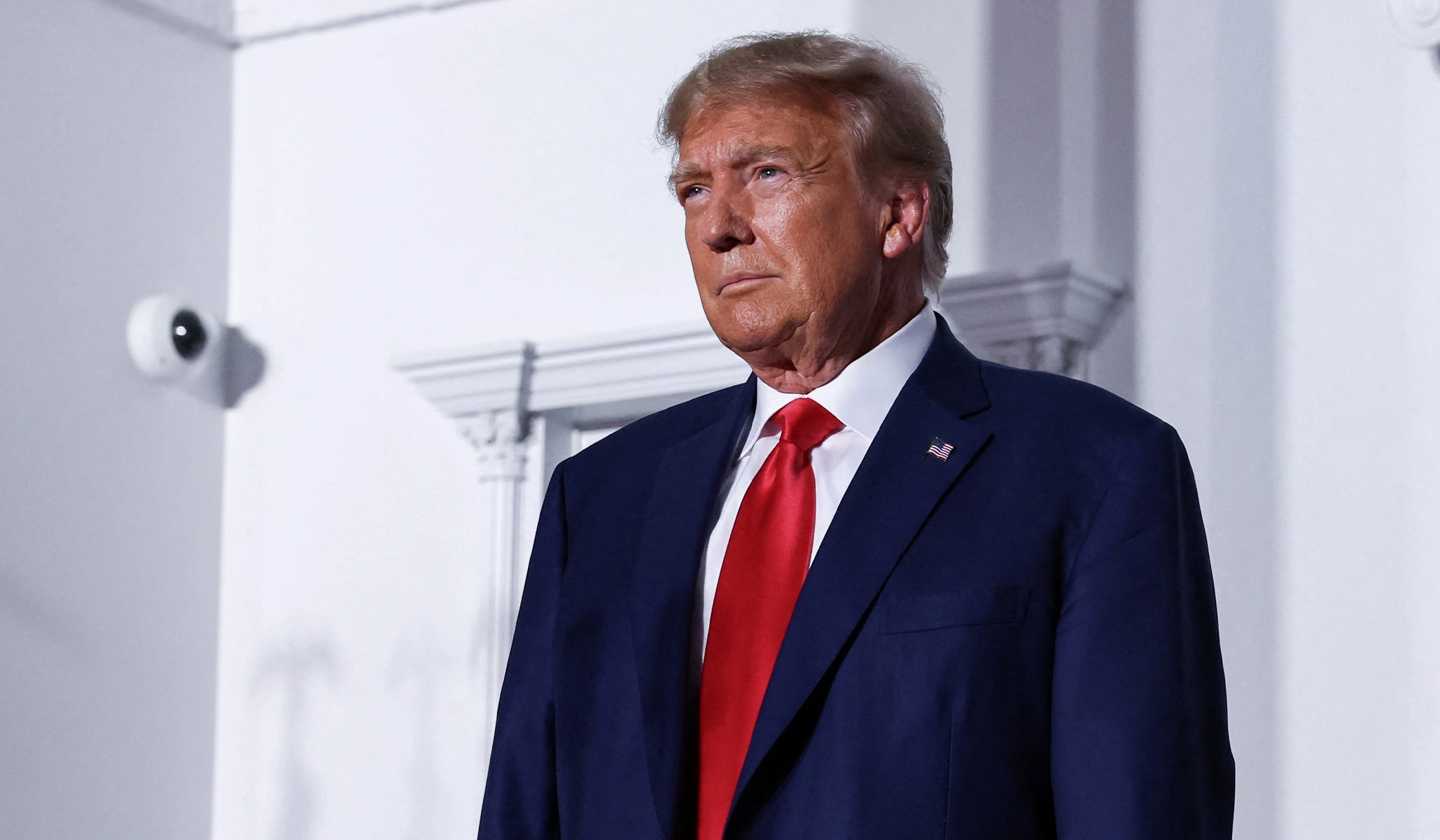President Trump’s defense against charges of unlawfully and willfully retaining national-defense information under Section 793(e) of the federal criminal code cannot be supported by the Presidential Records Act (PRA), as agency records are not presidential records. Trump’s case concerns agency records regarding national defense, specifically classified intelligence reporting generated by U.S. spy agencies. The PRA addresses documents and other records generated by and for the president in the carrying out of his duties, and explicitly excludes agency records from the definition of “presidential records”. Intelligence reports compiled by U.S. national-security agencies are agency records and not presidential records by definition and common sense. The PRA defense of Trump based on the inapposite case, Judicial Watch v. National Archives and Records Administration (NARA) is not valid, as that case did not involve agency records, much less classified reporting by the government’s intelligence agencies. Trump’s case is about whether the Justice Department has criminal-law authority to enforce Section 793 in connection with Trump’s unlawful retention of classified agency records, which are not presidential records under the PRA.

